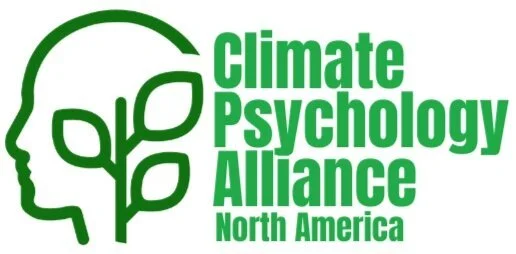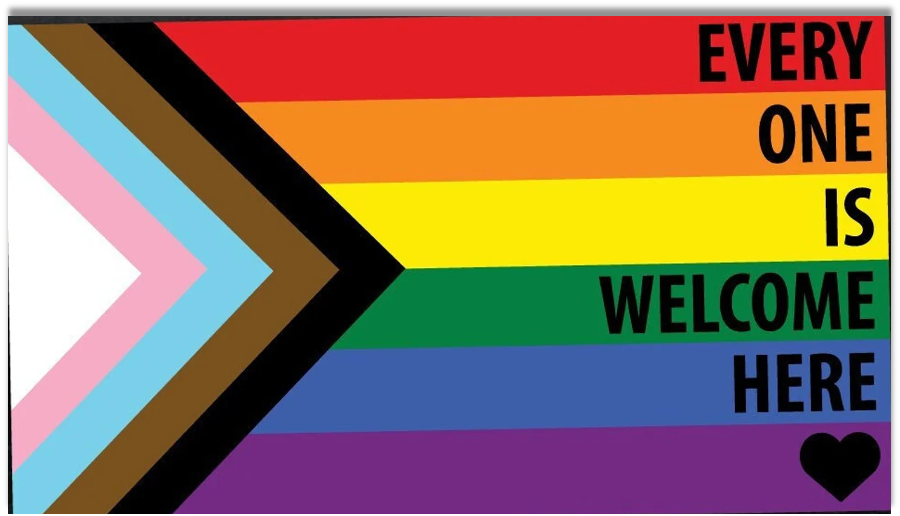I’ve been silent on the blog here for a long time, over a year it seems. I’ve been writing and talking and mostly listening and learning in other spaces, and trying to center voices other than my own. But I am aware silence is loud right now, with a pandemic highlighting racial health disparities, and the Movement for Black Lives gaining much needed support and attention in the wake of more death and disregard for Black bodies.
Like so many sphere’s, my therapy practice has been engulfed in recent weeks by conversations with many of my clients about White privilege and racism, how to raise anti-racist kids, and how those of us who are white can be a bit braver in showing up in support of Black lives - including in hard conversations within families and work places. The potential for these conversations have always been a part of my feminist, multicultural therapy approach that recognizes the impact of societal structures on individual suffering, but the topic has come into deeper focus in many therapy sessions in recent months just as it has in the news cycle and in the streets. As we explore questions of relationships with ourselves and others, how we show up in the world, and the world we want for our children, topics common to therapy, racial identity exploration can be part of this inquiry. Exploring how we are impacted by culture, and how we can help to shape it. For White-identified clients, therapy can include anti-bias work in ourselves, and an exploration of what we can begin to shift in our lives when we deepen our own awareness of our unconscious thoughts.
Image description to optimize use of screen readers for those visually impaired: Photo of Maya Angelou with her quote: “Do the best you can until you know better. Then when you know better, do better.”
In the words of mindfulness expert Jack Kornfield:
“Whatever your political perspective, now is the season to stand up for what matters. To stand against hate. To stand against racism. To stand for respect. To stand for protection of the vulnerable. To stand for Pride Month and Black Lives Matter. To act in ways small and large that make a difference.”
Doing my own on-going self-exploration as a therapist, helps prepare me to support a variety of clients on different points on their journeys. And, as a therapist with White skin privilege, I’m continuing to work with a small group of White-identified therapists seeking to uproot the ways White-body supremacy lives in our own lives. And as with so many things, the more I explore about my own life, including my complicity with oppression and all the unlearning I need to continue doing, the easier it is for me to have these conversations with others. And this might be true for you too, that therapy can be a good place to build up tolerance for difficult conversations. I’m currently reading My Grandmother’s Hands by therapist and trauma specialist Resmaa Menakem. (Check out Mr. Menakem’s interview for On Being With Krista Tippet.) It has me thinking a lot about the ways racialized trauma is stored and stuck in everyone’s bodies in this country, and the ways neuroscience and body-based healing can help us begin to address how this trauma lives in us on a cellular level.
“In today’s America, we tend to think of healing as something binary: either we’re broken or we’re healed from brokenness. But that’s not how healing operates, and it’s almost never how human growth works. More often, healing and growth take place on a continuum, with innumerable points between utter brokenness and total health.” - Resmaa Menakem
In order for change to occur, we must find a way to talk about this, and not lose focus, to find the people who help us take a step farther towards this growth, for our collective liberation.




